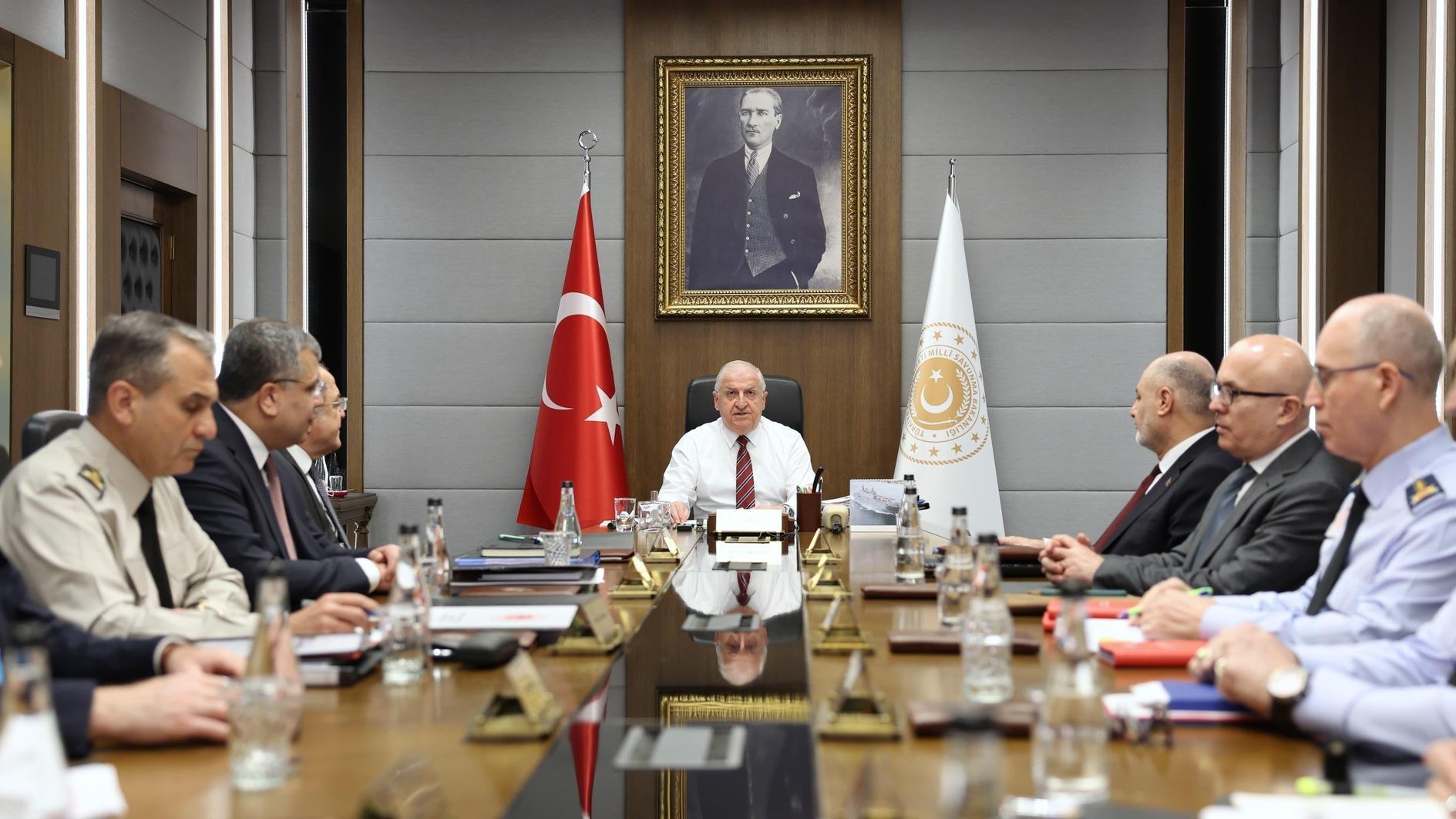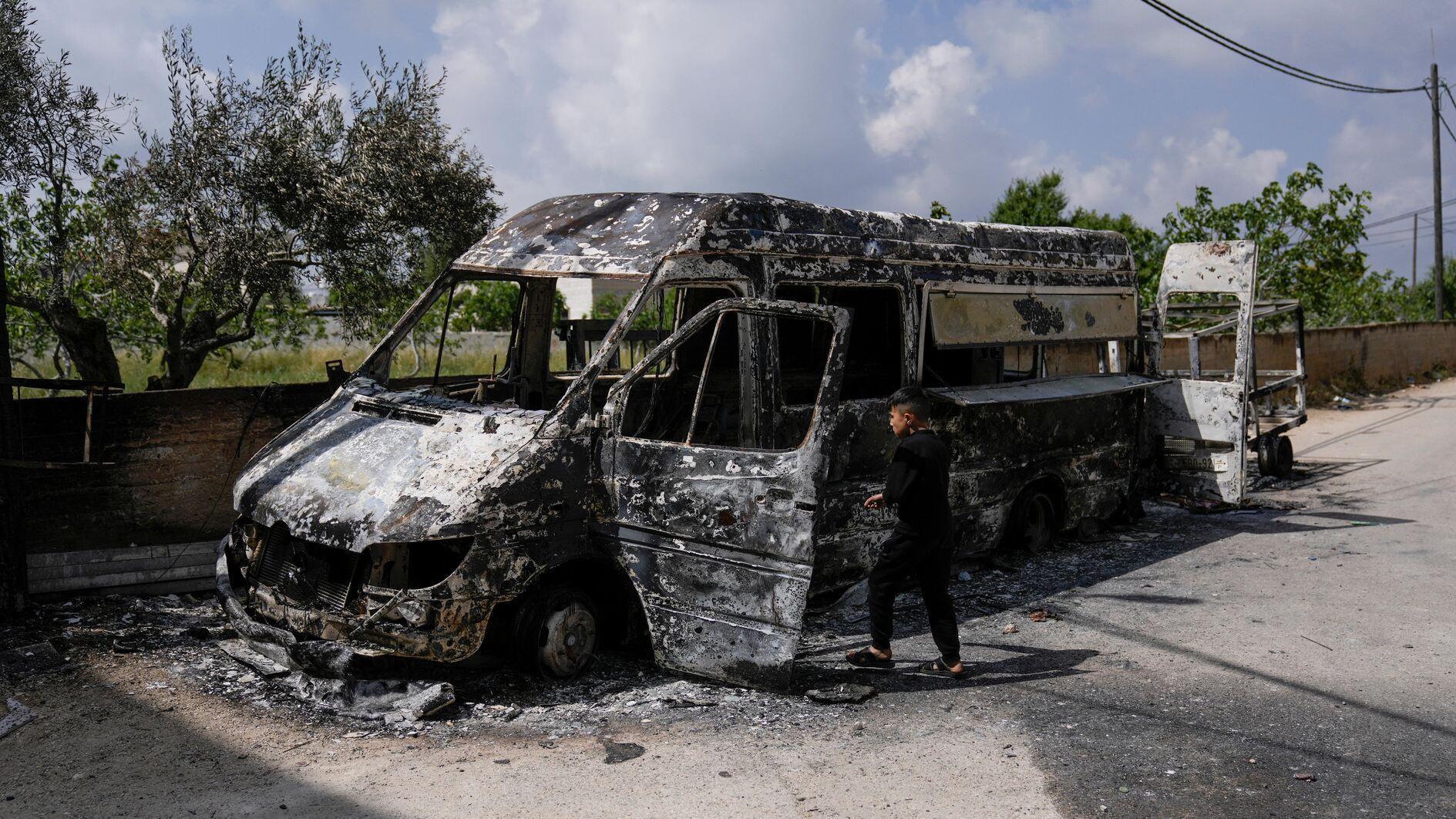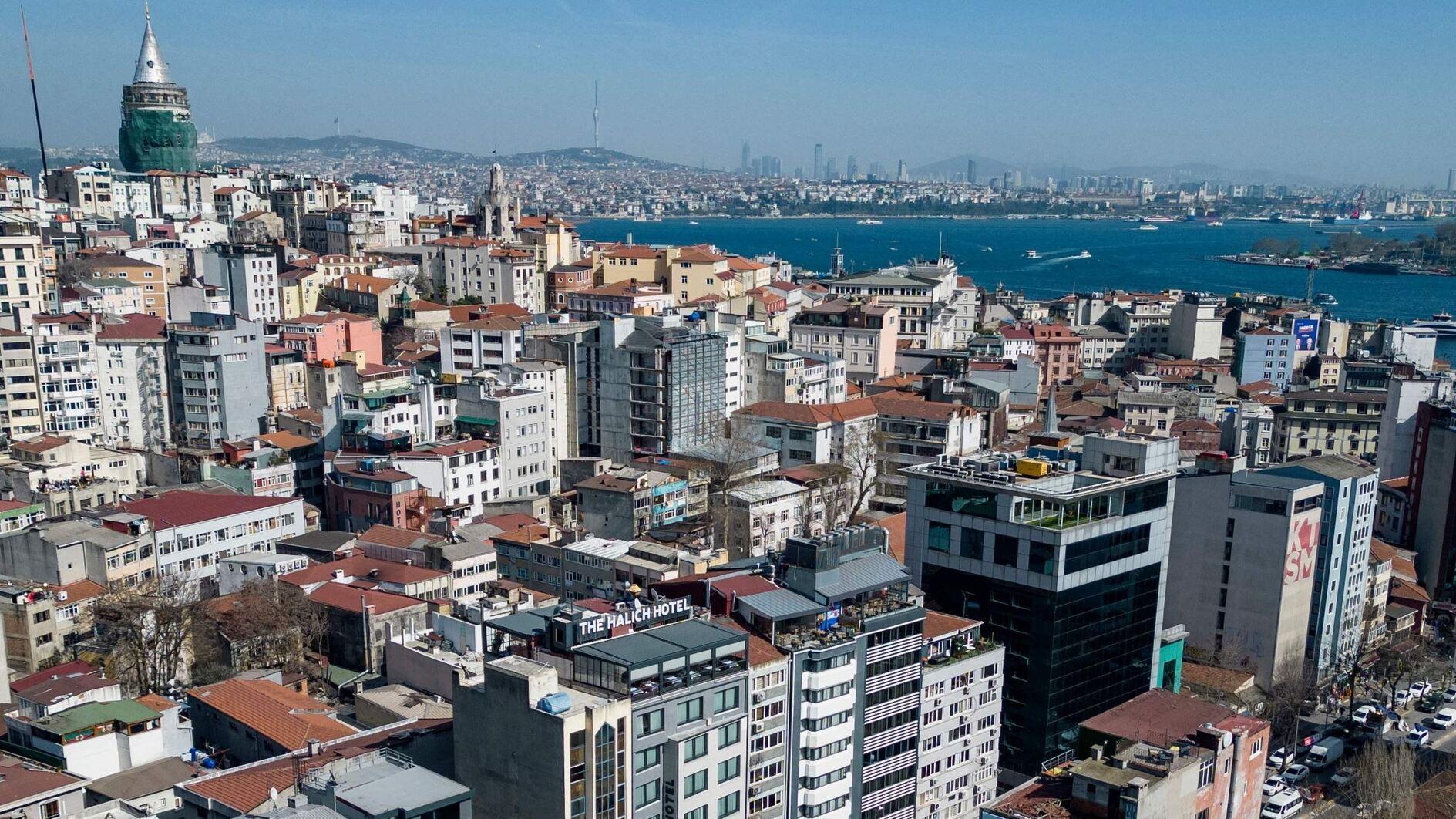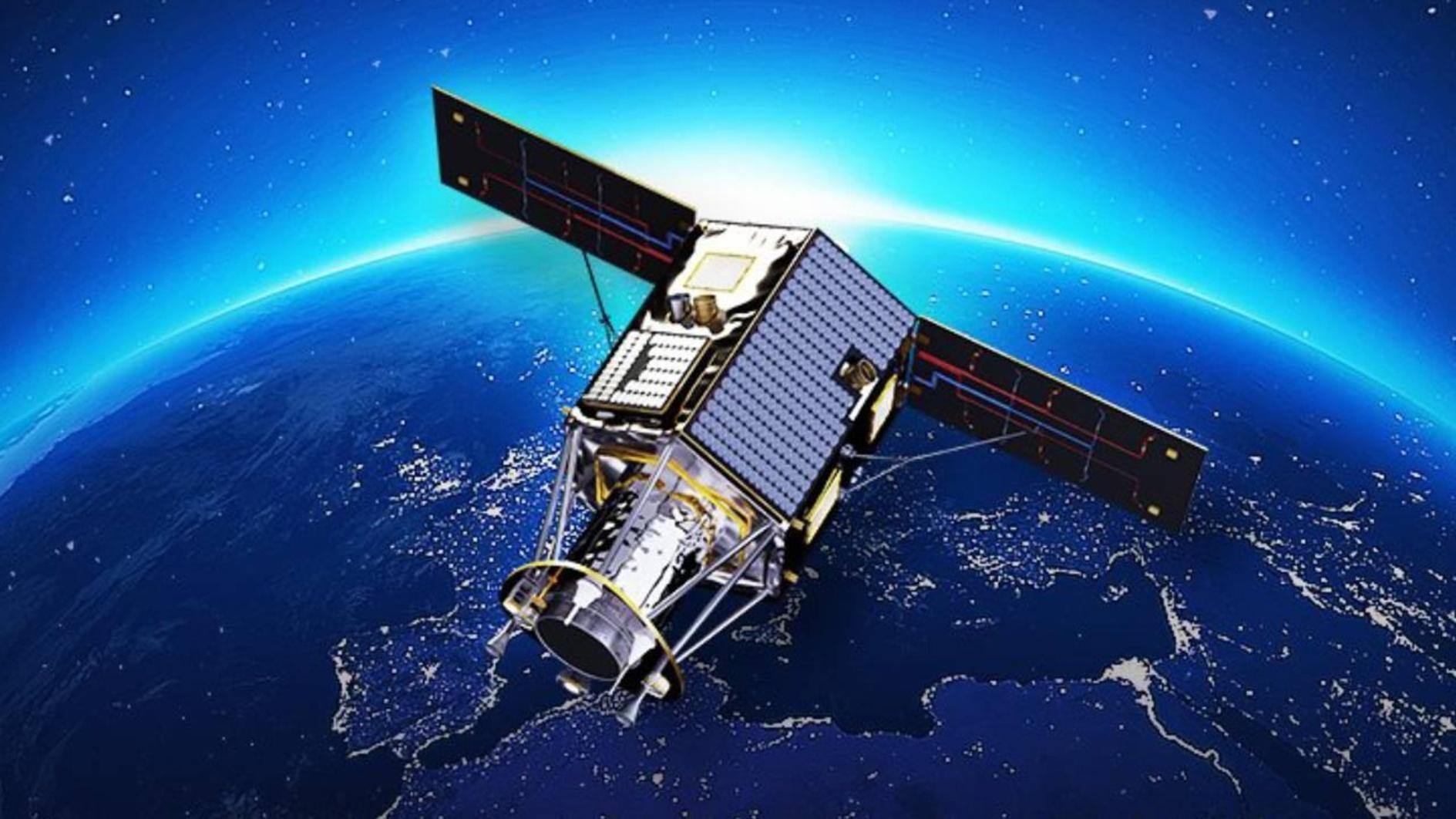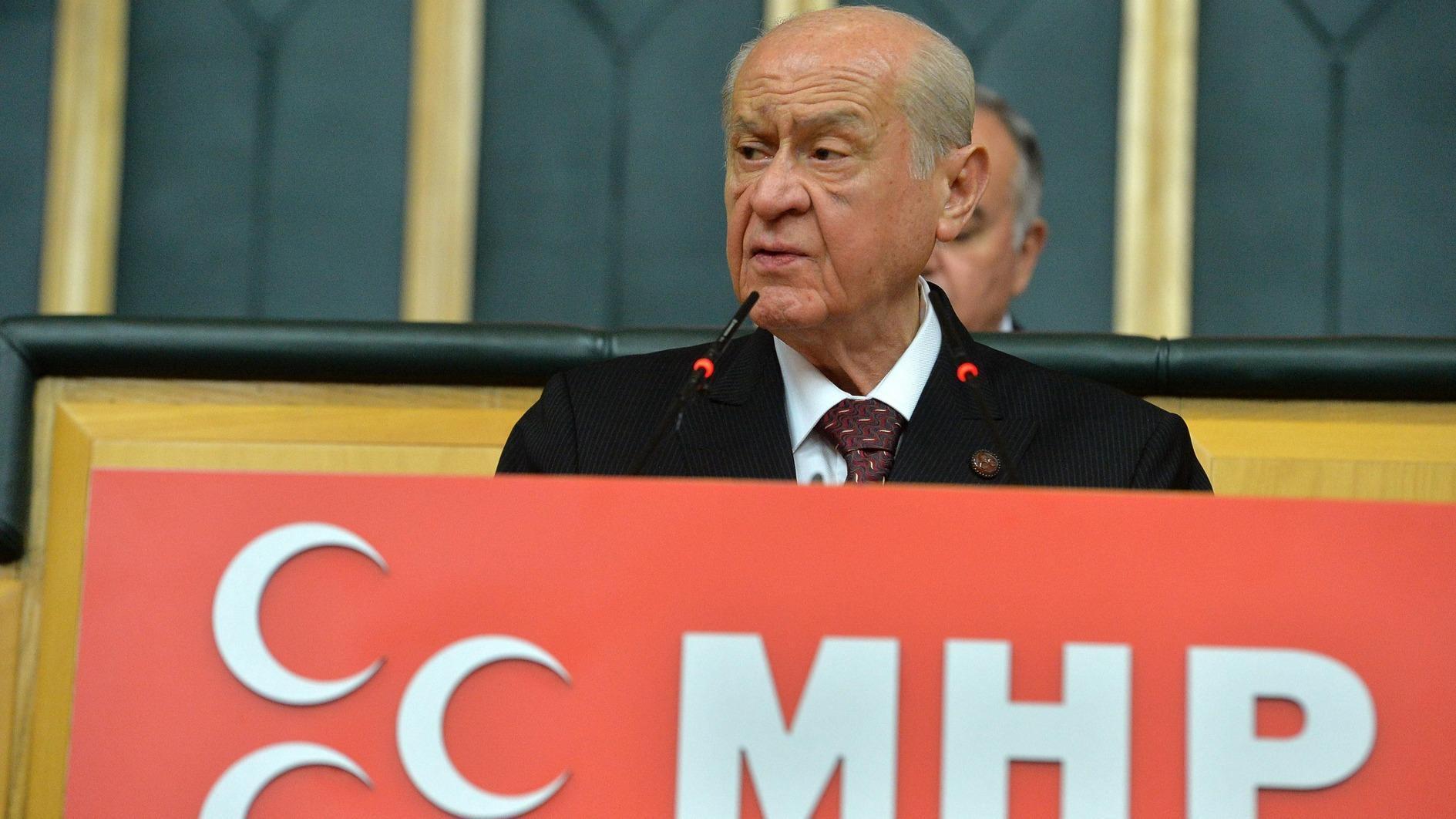EU alarmed over detention of HDP lawmakers
ANKARA
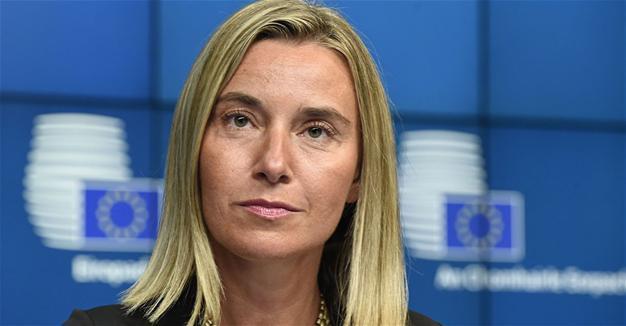 The European Union has warned Turkey to respect democratic norms in the fight against the outlawed Kurdistan Workers’ Party (PKK), while EU member state ambassadors to Ankara discussed possible outcomes of a further deterioration of ties between Brussels and Turkey over the detention of several Peoples’ Democratic Party (HDP) deputies.
The European Union has warned Turkey to respect democratic norms in the fight against the outlawed Kurdistan Workers’ Party (PKK), while EU member state ambassadors to Ankara discussed possible outcomes of a further deterioration of ties between Brussels and Turkey over the detention of several Peoples’ Democratic Party (HDP) deputies.The HDP’s co-chairs are democratically elected leaders and the EU’s “trusted and valued interlocutors,” EU High Representative/Vice-President Federica Mogherini and Commissioner Johannes Hahn said in a written statement.
“These developments add to the concerns we expressed after the immunity of more than 130 democratically elected Members of Parliament was lifted in May this year. They compromise parliamentary democracy in Turkey and exacerbate the already very tense situation in the South East of the country, for which there can only be a political solution,” said the EU.
The EU understands actions taken against the PKK, but it also believes that such actions must never undermine the basic principles of democracy, the statement also read.
“We expect Turkey to safeguard its parliamentary democracy, including respect for human rights and the rule of law, and we are conveying these expectations directly to the Turkish authorities. Together with the Council of Europe, the EU will continue to follow and assess the situation very closely, in constant coordination with all Member States,” the statement added.
“Today’s detentions send a chilling signal about the state of political pluralism in Turkey,” European Parliament President Martin Schulz said.
“With this last high profile string of detentions - a continuation of the crackdown on other HDP elected representatives - Turkish authorities are not just pushing Turkey further away from democracy, but they are also turning their backs on the values, principles, norms and rules underpinning EU-Turkey relations,” Schulz added.
EU envoys discuss deterioration of ties with Turkey
Meanwhile, ambassadors of EU member countries in Ankara held an urgent meeting on Nov. 4 under the helm of the head of the EU delegation to Turkey over the detention of HDP lawmakers, discussing possible outcomes of the ongoing deterioration of ties between the EU and Turkey.
At the meeting, which Mogherini participated in via video conference, the EU envoys agreed to give a joint reaction over the detentions.
EU ambassadors expressed “deep concern” over the general direction in Turkey, following the detention of HDP deputies, the recent rhetoric of the government, and the debate on reinstating the death penalty, sources who participated in the meeting told the Hürriyet Daily News.
They added that the envoys discussed the motivation behind the approach of Turkish government and some EU representatives referred to the “road leading to a referendum campaign” in favor of changing to a presidential system.
Approached by the Daily News, one of the ambassadors who participated in the meeting said the upcoming EU accession “progress report” on Turkey will be critical.
“There will be a progress report that perhaps will not be welcomed with open arms by the Turkish government because it will be quite critical,” the ambassador said, speaking on condition of anonymity.
“If the death penalty is reintroduced, this will be a deterioration of democracy,” the ambassador said, while indicating that Turkey’s EU negotiations could be suspended if the death penalty is reinstated.
“What are they [Turkish government] aiming for? It’s a big question mark for us. Deterioration of ties with the EU is bad for the union, but it’s even worse for Turkey. Turkey needs Europe as an anchor for reforms, but also purely for its economy. This country is not China or the U.S. Russia can go crazy as it has oil. But Turkey does not have such resources, it is very linked in with the global economy,” he added.
Sources said an extraordinary political committee meeting will now be held in Brussels to discuss the situation and further steps to be taken by the EU and its member states.
EU member states summon Turkish envoys
Meanwhile, Germany and Denmark summoned Turkey’s ambassadors to their respective foreign ministries over the detention of the HDP deputies.
German Foreign Minister Frank-Walter Steinmeier “summoned Turkey’s envoy to the foreign ministry” for talks on the “latest developments in Turkey,” AFP quoted a ministry source as saying.
Chancellor Angela Merkel’s spokesman Steffen Seibert said the German government was “talking with our Turkish partners at all levels” about the issue.
The arrests constitute a source of “serious concern” for France, Foreign Ministry spokesman Romain Nadal said, calling on Turkey to respect “the rule of law and fundamental rights” including democracy and freedom of the press.
Italian Foreign Minister Paolo Gentiloni expressed “concern” over the detentions.
Foreign Minister of Sweden Margot Wallström called on Turkey “return to normalization” in a written statement, saying the arrests “risk fueling existing tensions in the country.”
“They follow earlier arrests of civil society and media representatives, most recently of the editor-in-chief of the Cumhuriyet newspaper. Media freedom and opposition are essential for a pluralistic democratic society. The attacks on these groups therefore send an ominous signal,” Wallström said.
US shares message
Meanwhile, the U.S. Embassy in Ankara shared a message from Deputy Secretary of State Tom Malinowski via its official Twitter account, describing the detentions as “deeply troubling.”
“As a friend and ally, [we are] deeply troubled that the government of Turkey has detained HDP leaders and other MPs while blocking internet access. When taking legal action against elected reps, democracies have higher duty to justify actions and preserve confidence in justice. Press freedom and internet access [is] essential to democratic and economic health. [We] urge Turkey to restore information access to its citizens now,” stated Malinowski.


